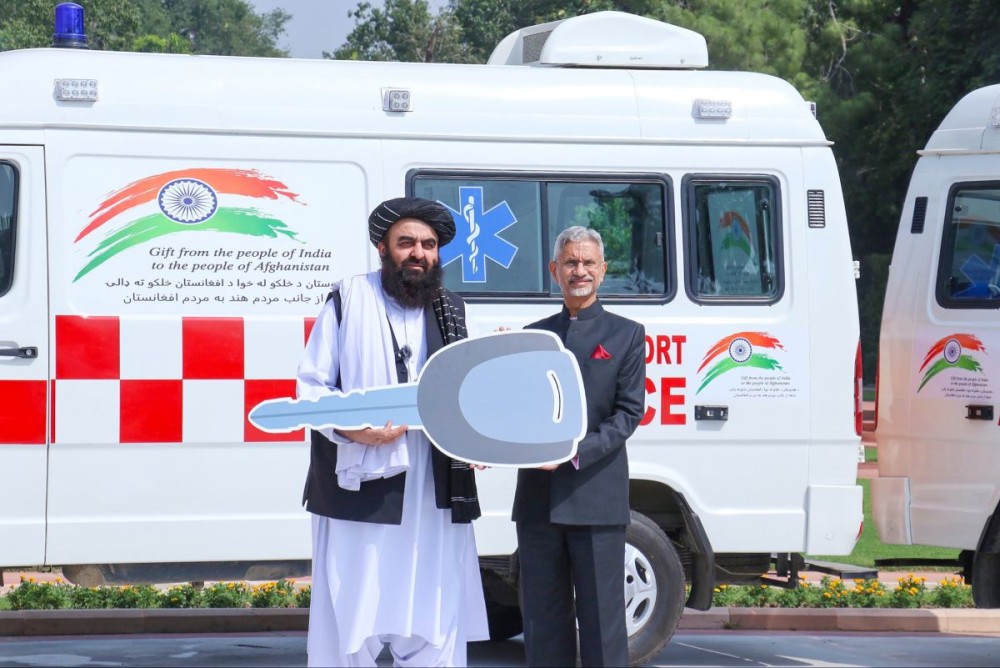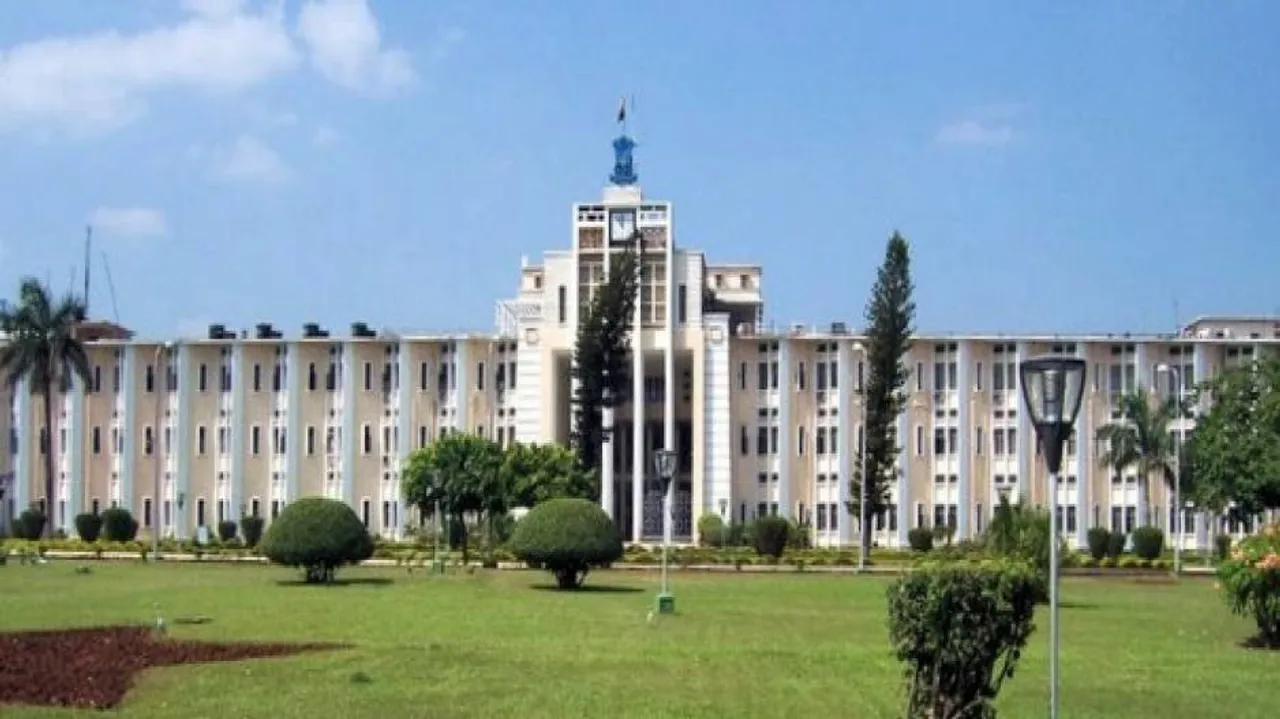New Delhi, 2025 – The Ministry of Road Transport and Highways has rolled out the Motor Vehicles Aggregator Guidelines (MVAG) 2025, allowing cab aggregators to charge up to twice the base fare during peak traffic hours. This is a significant revision from the earlier cap of 1.5x and is aimed at providing more flexibility to ride-hailing platforms like Ola, Uber, and Rapido during high-demand periods.
Key Highlights of MVAG 2025
-
Surge Pricing Revised: Aggregators can now charge up to 2x base fare during peak hours.
-
Implementation Timeline: All states have been advised to implement the new guidelines within 3 months.
-
Bike Taxis Legalised: The guidelines permit the aggregation of private (non-transport) motorcycles for passenger transport, subject to state approval.
-
Fees for Bike Taxis: States may levy daily, weekly, or fortnightly fees on platforms using private motorcycles under Clause 23.
Regulatory Boost for Bike Taxis
This marks a regulatory breakthrough for bike taxi services like Rapido and Uber Moto, which have faced legal challenges and bans in states like Karnataka. The formal recognition of non-transport motorcycles as a shared mobility option is aimed at:
-
Reducing traffic congestion
-
Lowering emissions
-
Improving last-mile connectivity
Industry Reactions
Rapido hailed the move as a “milestone in India’s journey towards a Viksit Bharat,” emphasizing its potential to enhance affordable transport access and create new economic opportunities.
Uber praised the Ministry’s “consultative and balanced approach,” stating that timely adoption by states is essential to bring uniformity and regulatory clarity for all stakeholders.
Evolving with Market Trends
The MVAG 2025 guidelines replace the 2020 version, reflecting India’s evolving mobility ecosystem, particularly the rise in demand for:
-
Bike taxis
-
E-rickshaws
-
Electric vehicles
-
Flexible fare models
The Ministry emphasized that while pricing flexibility is being increased, passenger safety, data privacy, and driver welfare remain at the core of the updated framework.










